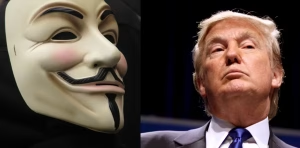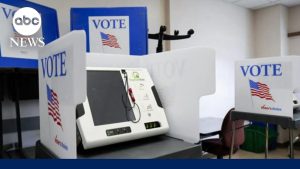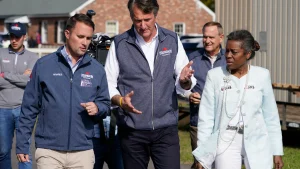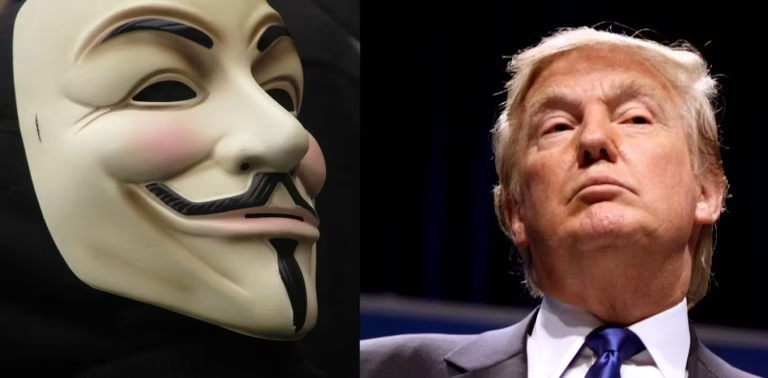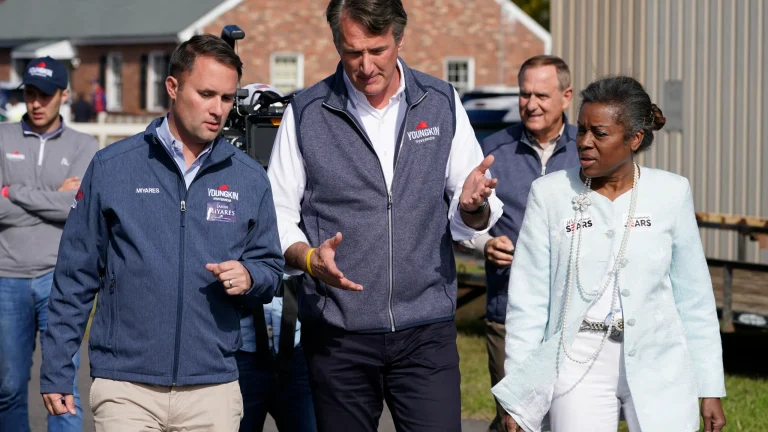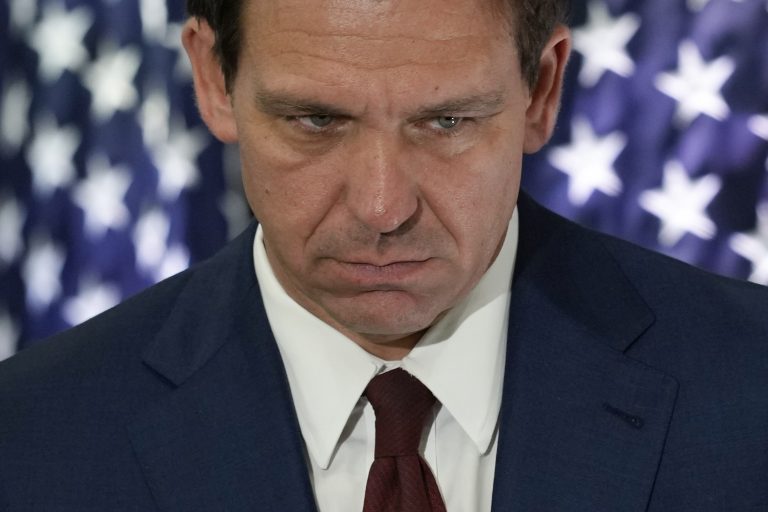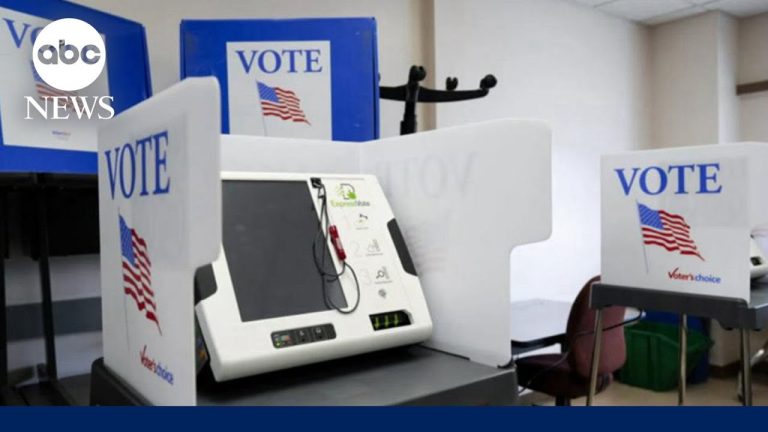 February 12, 2011- A week from Tuesday, when the Supreme Court returns from its midwinter break and hears arguments in two criminal cases, it will have been five years since Justice Clarence Thomas has spoken during a court argument.
February 12, 2011- A week from Tuesday, when the Supreme Court returns from its midwinter break and hears arguments in two criminal cases, it will have been five years since Justice Clarence Thomas has spoken during a court argument.
If he is true to form, Justice Thomas will spend the arguments as he always does: leaning back in his chair, staring at the ceiling, rubbing his eyes, whispering to Justice Stephen G. Breyer, consulting papers and looking a little irritated and a little bored. He will ask no questions.
In the past 40 years, no other justice has gone an entire term, much less five, without speaking at least once during arguments, according to Timothy R. Johnson, a professor of political science at the University of Minnesota. Justice Thomas’s epic silence on the bench is just one part of his enigmatic and contradictory persona. He is guarded in public but gregarious in private. He avoids elite universities but speaks frequently to students at regional and religious schools. In those settings, he rarely dwells on legal topics but is happy to discuss a favorite movie, like “Saving Private Ryan.”
He talks freely about the burdens of the job.
“I tend to be morose sometimes,” he told the winners of a high school essay contest in 2009. “There are some cases that will drive you to your knees.”
Justice Thomas has given various and shifting reasons for declining to participate in oral arguments, the court’s most public ceremony.
He has said, for instance, that he is self-conscious about the way he speaks. In his memoir, “My Grandfather’s Son,” he wrote that he had been teased about the dialect he grew up speaking in rural Georgia. He never asked questions in college or law school, he wrote, and he was intimidated by some fellow students.
Elsewhere, he has said that he is silent out of simple courtesy.
“If I invite you to argue your case, I should at least listen to you,” he told a bar association in Richmond, Va., in 2000.
Justice Thomas has also complained about the difficulty of getting a word in edgewise. The current court is a sort of verbal firing squad, with the justices peppering lawyers with questions almost as soon as they begin their presentations.
In the 20 years that ended in 2008, the justices asked an average of 133 questions per hourlong argument, up from about 100 in the 15 years before that.
“The post-Scalia court, from 1986 onward, has become a much more talkative bench,” Professor Johnson said. Justice Antonin Scalia alone accounted for almost a fifth of the questions in the last 20 years.
Justice Thomas has said he finds the atmosphere in the courtroom distressing. “We look like ‘Family Feud,’ ” he told the bar group.
Justice Thomas does occasionally speak from the bench, when it is his turn to announce a majority opinion. He reads from a prepared text, and his voice is a gruff rumble.

